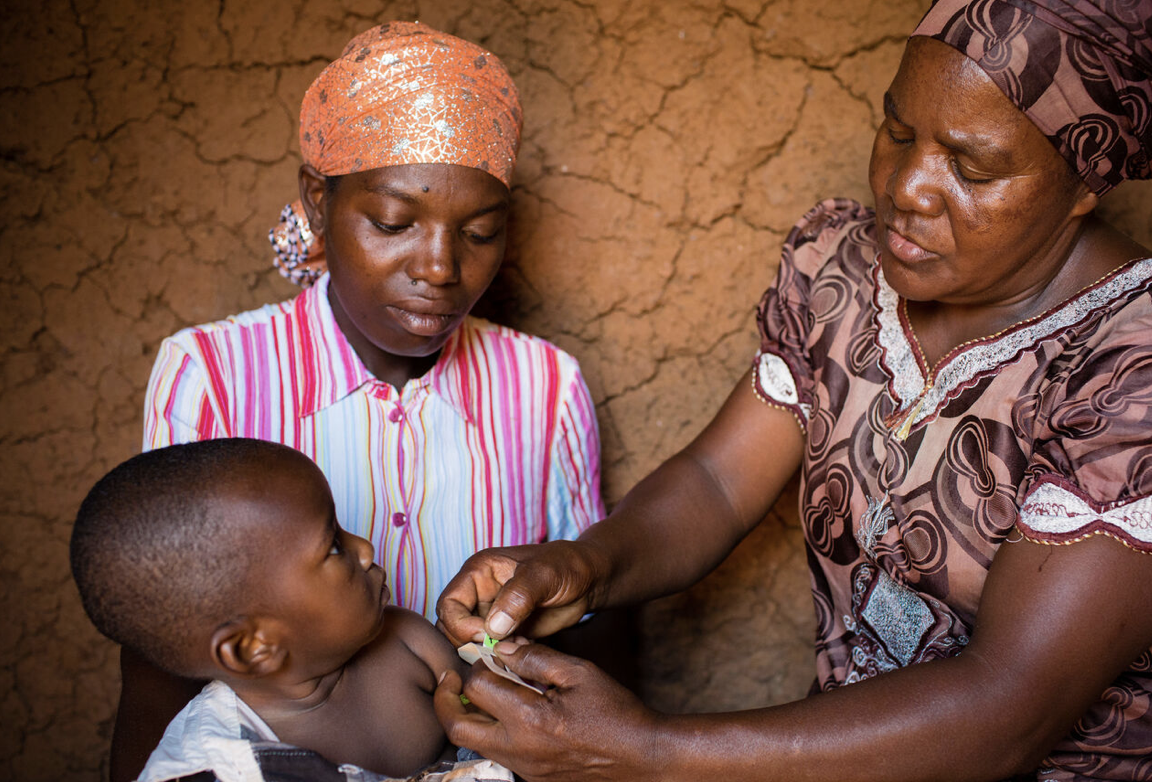Innovative financing for noncommunicable diseases in Asia and the Pacific
The publication Innovative Financing for Noncommunicable Diseases in Asia and the Pacific, released by the Asian Development Bank (ADB) in June 2025, examines new strategies to tackle the growing burden of NCDs in the region. Despite noncommunicable diseases...

Rare diseases in France: a subject taken very seriously
France's 7000 rare diseases affect more than 3 million people. France is a pioneer in Europe in implementing a national plan for rare diseases. They are reimbursed up to 100% by the French Assurance Maladie. [ba_gradient_heading title="What is a rare disease?"...

Nigeria seeks deeper health ties with Brazil, unveils bold agenda for Universal Health Coverage
The Federal Government of Nigeria has reaffirmed its commitment to Universal Health Coverage by deepening strategic health sector cooperation with Brazil, focusing on local pharmaceutical production, digital health, and workforce development, while drawing lessons...
Health Technology Assessment (HTA) guidelines
The Department of Health (DoH) in Abu Dhabi has released comprehensive Health Technology Assessment (HTA) guidelines to guide the adoption, reimbursement, and governance of emerging health technologies. These guidelines aim to ensure that costly and innovative...
The health taxonomy: The need for a common investment toolkit
The Health Taxonomy Report: The Need for a Common Investment Toolkit, published by The G20 & G7 Health and Development Partnership and its collaborators, marks a significant step in advancing health financing. Building on the momentum of the 2025 World Health...

Botswana commissions health financing study amid aid cuts
Botswana has launched a comprehensive health financing study to track healthcare and HIV and AIDS funding and improve resource allocation and policy planning amid declining international donor support. The findings are expected to guide sustainable financing...

Vietnam enacts new social insurance law effective 1 July
Vietnam’s new Social Insurance Law, effective 1 July, restricts lump-sum payouts to workers who meet specific conditions such as serious illness, emigration, or insufficient contribution years at retirement age, aiming to encourage long-term participation in the...
Social health insurance, health services utilization and procurement of private health insurance in Thailand’s multi-payer universal health system
Thailand’s entire population is insured under one of the three main public health insurance schemes: the Universal Coverage Scheme (UCS), the Social Security Scheme (SSS), and the Civil Servant Medical Benefit Scheme (CSMBS). This study investigated differences in...

Ethiopia Joins Brics Health Talks, Backs Stronger Global Cooperation
At the 15th BRICS Health Ministers' Meeting in Brasília, Ethiopia reaffirmed its commitment to global health equity, emphasizing the need for resilient health systems and progress toward Universal Health Coverage. The country also called for enhanced cooperation among...
Long-term financial sustainability of Rwanda’s universal health coverage model: Challenges and solutions (2011 – 2021) and Vision 2050
Since 2000, Rwanda has made remarkable progress toward universal health coverage (UHC) through a Community-Based Health Insurance (CBHI) system, but now faces chronic financial sustainability challenges as it aims for higher health-care standards under Vision 2050. A...
Healthcare managers’ perspectives on direct health facility financing in Tanzania
Health financing reforms are crucial for improving efficiency, transparency, and service delivery in low- and middle-income countries, where health systems often operate under tight resource constraints. In Tanzania, the Direct Health Facility Financing (DHFF)...

South Korea Faces Fiscal Crisis in National Health Insurance
South Korea’s national health insurance system is facing a financial crisis, with rising premiums unlikely to ensure long-term fiscal stability, prompting the government to propose abolishing the subsidy sunset system and increasing state funding. However, experts...

Time for Africa to Replace the Curative Consumption Trap with Health Production Model
Africa’s health systems remain trapped in a costly, hospital-centered model focused on treating illness rather than preventing it, which is unsustainable given limited resources and a growing burden of non-communicable diseases. To achieve universal health coverage,...

Egypt steps up health reform with Japan-backed universal coverage initiative
The Egypt Healthcare Authority, in partnership with JICA, has launched the E-PaCC project to expand patient-centred care by 2027, as part of Egypt’s broader healthcare reform. This initiative, which includes international partnerships and advanced quality tools,...
Private equity investment in long-term care: The case of Ireland
Private equity (PE) firms play a significant role in the financialisation of healthcare systems, yet research has largely overlooked their direct involvement, especially outside the U.S. This study investigates the drivers behind PE investments in Ireland’s long-term...
